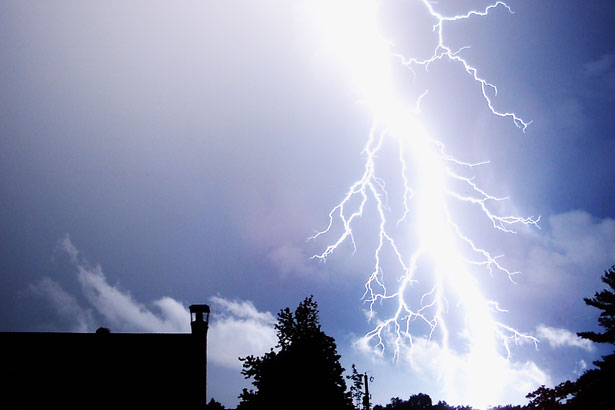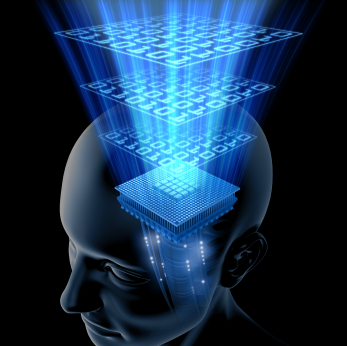Energy

Energy to the body is like money is to an organization. It has to be consumed properly and spent properly in the right places at the right times. If there is a lot of total energy present, the body appears to be stronger against most stresses that are inflicted upon it. It fights infection better, it deals with chemicals and toxins more efficiently, it digests food more easily, heals better, maintains proper muscle tone and stays in proper structural alignment and seems to do almost everything better. When energy in the body becomes more scarce, then the body succumbs more easily to the stresses imposed upon it.
A major method of conserving the body’s energy is automatically built into it. It is called the autonomic nervous system. The idea behind this is that when the body is running or fighting, it needs all the energy it can get into the muscles, heart and lungs. In order to do this, the autonomic nervous system shuts down all the digestive organs (which require a lot of energy) and shunts the energy of digestion into the muscles and organs required for motion and action. When things are quiet, the reverse happens. The energy shunts from the muscles and organs of motion to the organs of digestion. This way, a limited amount of energy may be used most effectively.
If the overall amount of energy available for use in the body is low, it is common for a person to be tired after they eat. The body will borrow energy from the muscles in order to digest food. This is accentuated if the person also has a problem with a digestive organ at the same time. A digestive organ that is not functioning properly may actually “pull” extra electricity out of the system similar to how a faulty electrical appliance can pull extra electricity from a houses circuitry.
If the body remains active during the digestive process (which has become the “norm” in today’s society), energy is taken away from digestion. Hence, food does not become digested properly and can result in malabsorption of nutrients as well as bowel toxins from improperly digested foods and improper bowel flora. Continual bowel toxins can affect the lining of the intestine which can let certain food particles and protein through that are not supposed to pass and now food allergies are present.
Energy of the body comes from burning food. Lack of food and lack of oxygen to burn it are the two obvious reasons for lack of energy. If the lungs are malfunctioning, you are going to be tired (pay attention smokers!).
If the food or oxygen fails to reach the cells that burn it, you will also be tired. This can happen many different ways. Food can fail to be absorbed into the body. Oxygen can fail to be transported in the blood as in anemia. If blood sugar problems are present even though the food is being eaten, the food, in the form of sugar, never reaches the inside of the cells so that it can be oxidized. The oxygen could be used up handling metabolic toxins or toxins and free radicals from infection. Blood and lymph flow and circulation problems can also prevent the oxygen and food from reaching the cells.
Once the fuel and oxygen reach the inside of the cells, the proper hormones are required to regulate the burning properly. The two most important in this are the thyroid and the adrenal glands. (The thyroid gland sits in your throat, the adrenals are glands on top of your kidneys). The thyroid sets the basic rate of burning sort of like how the idle on your car sets the basic rate of burning your automobile fuel. The adrenal hormones then boost the burning as needed upon demand. This would be like stepping on the gas. If there are problems with either the thyroid or the adrenal glands, you are also going to have energy problems.
Because some parts of the body produce more energy than others, there is an energy sharing between organs that occurs. This may take place through special chemical intermediaries, or through an electrical sharing. A portion of the mechanical energy of the heart contracting evidently is transformed into electrical energy. This then creates an electrical gradient so that electrical energy flows smoothly throughout the body. The cerebellum evidently has something to do with electrical energy storage. If activating the adrenal gland is similar to stepping on the gas pedal, then the heart would compare to the car’s alternator and the cerebellum would represent the battery.
There are, of course, other things that can affect the body’s energy level like lack of sleep and over exertion to name a few. The more that we understand the basics behind the energy production in our body, the better our chances become of being causative in this area. The worst thing I can think of is to be extraordinarily tired and not know what you can do about it.
With Cause Point Correlative Testing, we can locate which areas of the body need help with regards to energy production and restore these once again to normal. If you know someone who could use more energy, call (260) 459-6160 (Ft. Wayne) or (773) 929-3964 (Chicago).
David A. Murdock, D.C.











